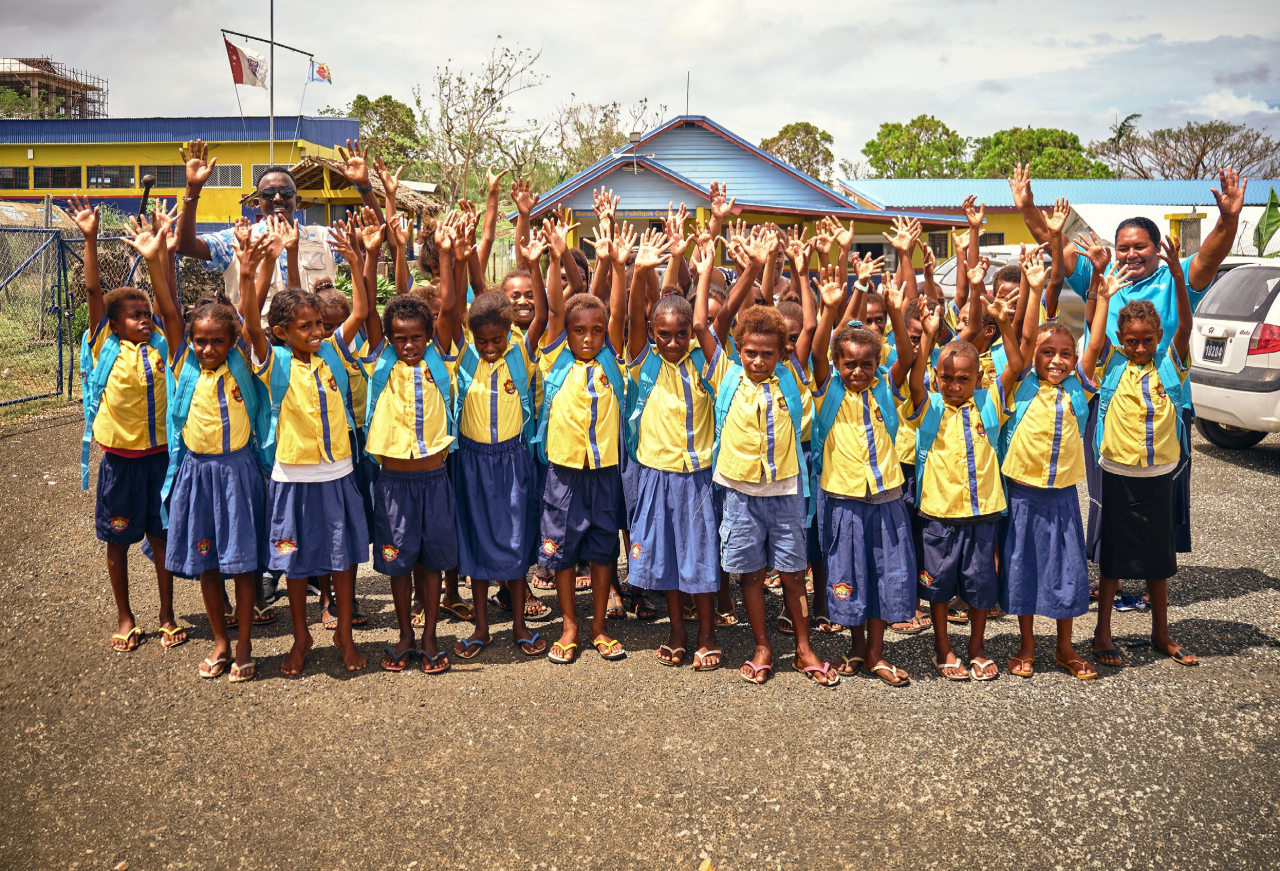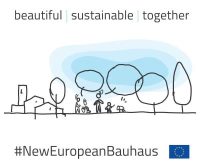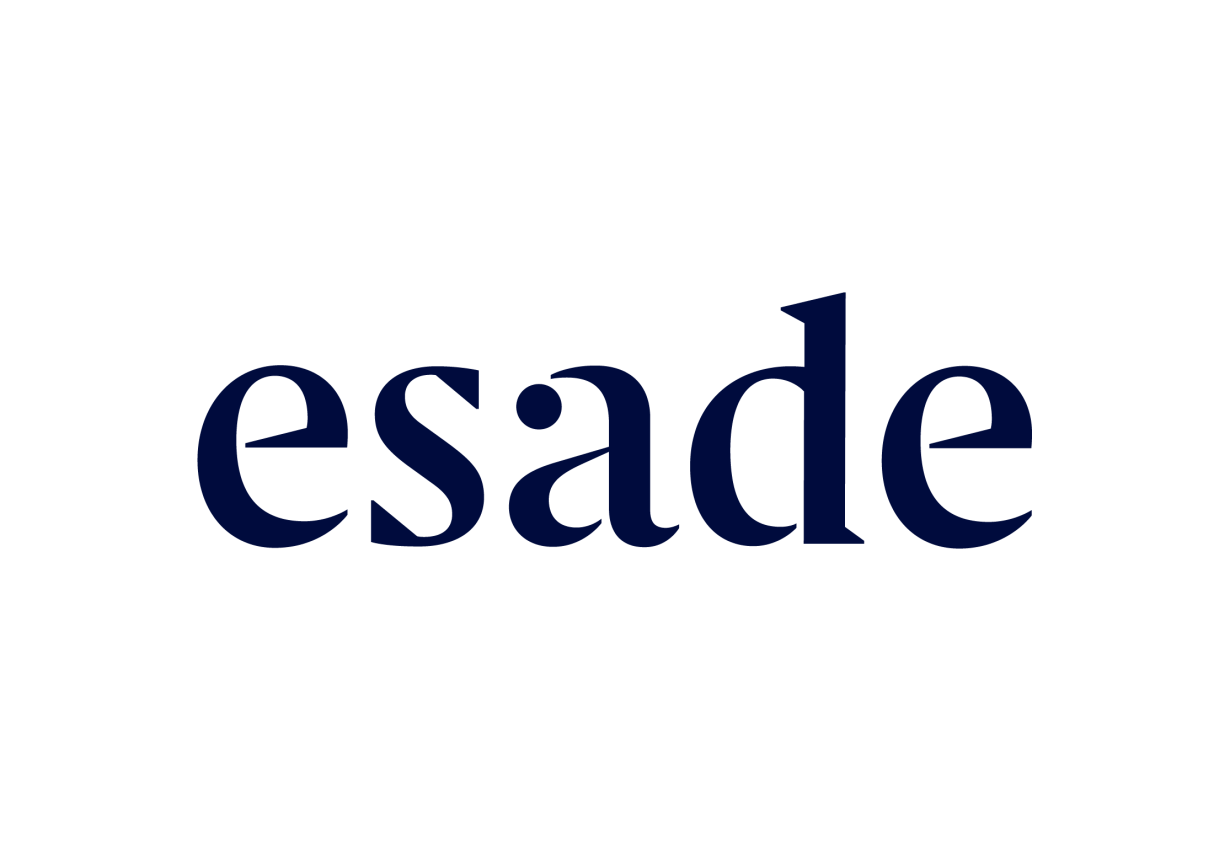“The future needs to be circular. It is an opportunity to combat climate change while making our economy more sustainable, create jobs and generate competitive advantages”, said EIB Vice-President Emma Navarro, on 25 October 2018, in Copenhagen, opening the European Investment Bank’s first conference on circular economy, organised by the EIB Institute.
More than 300 people gathered for the event, which brought together leading representatives and stakeholders from government, local authorities, industry and the financing sector to share knowledge and lessons learnt in three important areas: plastics in the circular economy, the circular bioeconomy and the circular economy in cities.
In her opening performance, artist Natasha Tsakos invited the audience to join a thought-provoking talk and re-examine their day to day activities, starting with a micro change. “Did you know, that we humans have produced more than 18 trillion pounds of plastics since the 1950s and put most of it in the trash, and only 10% is actually recycled. So where does the rest go? In our oceans, our land, our food, our bodies. 18 trillion pounds of plastics,” she said.
The conference’s presentations and discussions made clear that there are sufficient linear risks and circular opportunities in the plastics and bioeconomy sectors to mobilise further support for the circular transition in these areas.
A selection of projects across Europe (Copenhagen, Amsterdam and Kolding (Denmark)), from plastic or paper upcycling to biofuel and bioplastics production, highlighted that cities have the potential to be both cradles and catalysts for circular change. For example, there is great potential to increase the source separation of plastics and promote the use of re-usable and recyclable plastic products and packaging. Organic waste and wastewater can also be recovered and used for example for urban farming, producing local food.
The EIB provided EUR 2.1 billion of financing for circular economy projects during the last five years and “stands ready to do more through (its) lending and advisory services,” added Vice-President Navarro. She also announced the creation of a working group with the main national promotional banks – KfW in Germany, CDC in France, CDP in Italy, ICO in Spain and BGK in Poland – to focus on the needs and potential of circular economy projects as well as the publication of a new EIB Circular Economy Guide to promote a common understanding of the circular economy and circular solutions among EIB partners and project promoters.
The conference was organised in the framework of the 7th Edition of the Social Innovation Tournament held in Copenhagen on 23 October 2018, with the circular economy as the special category.




